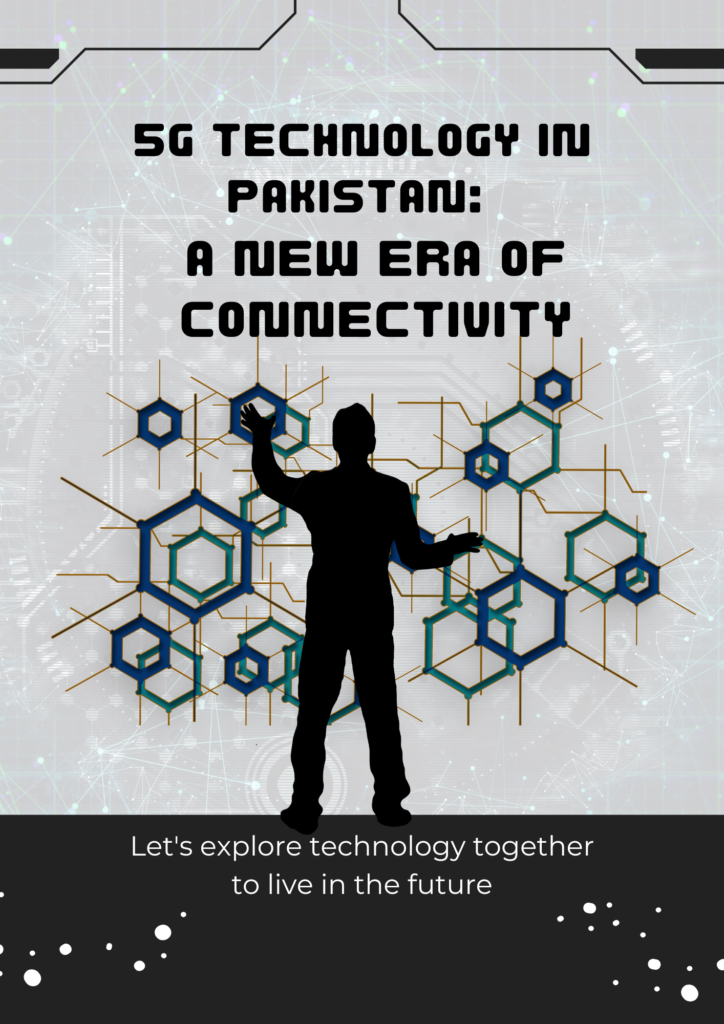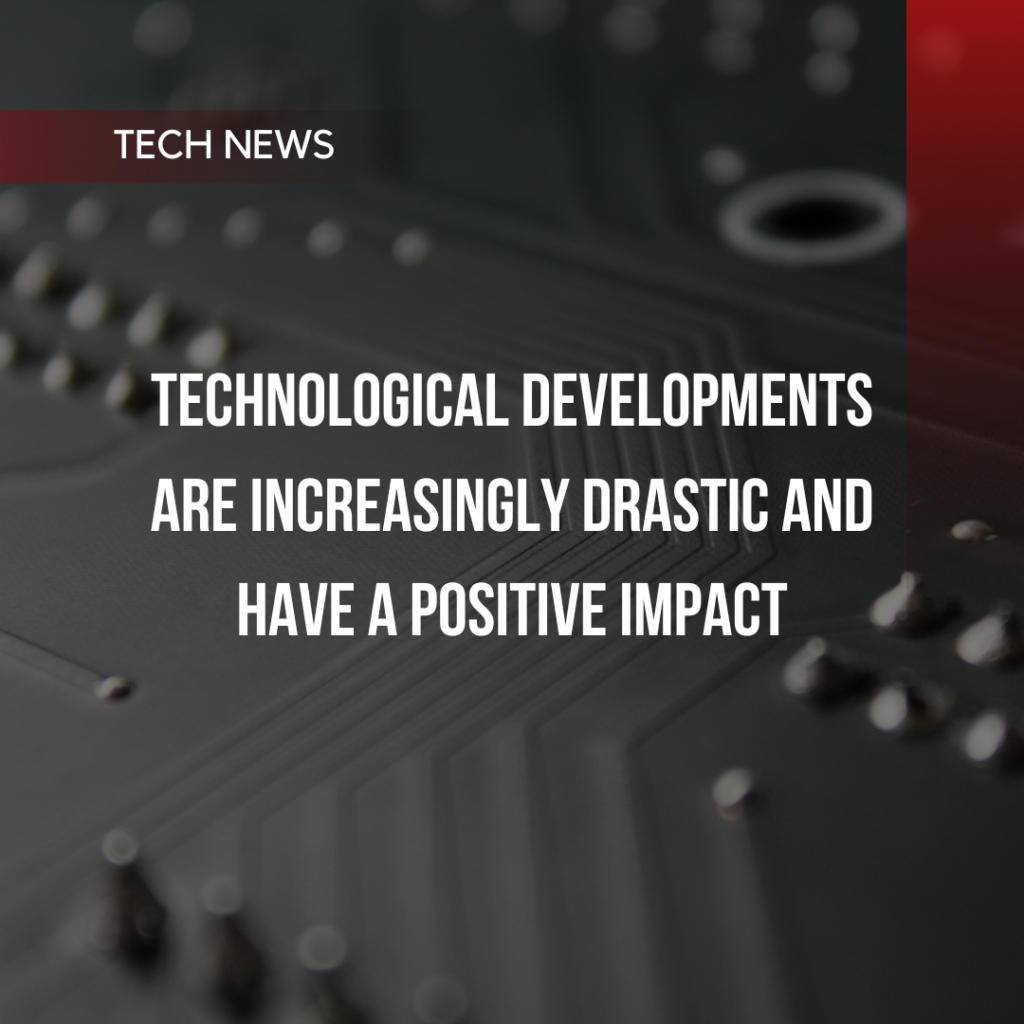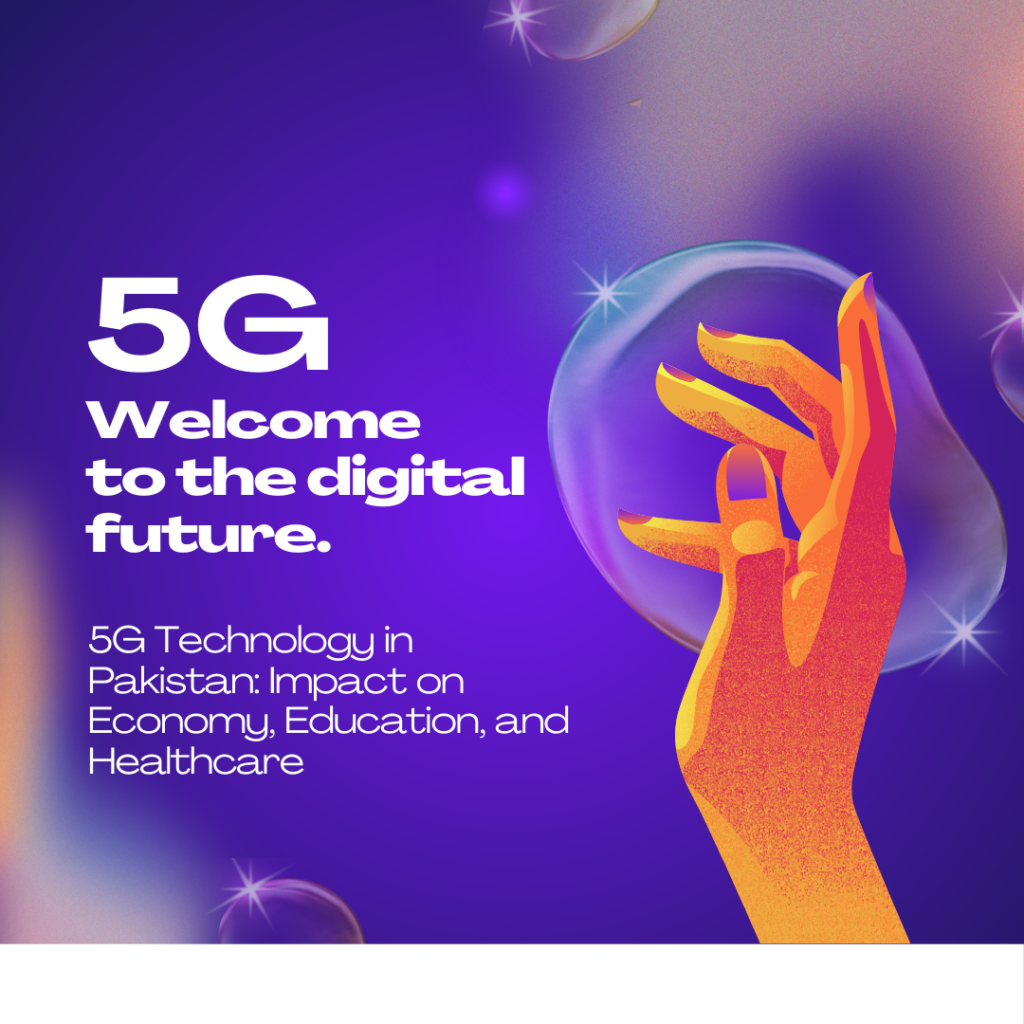
5G technology in Pakistan, which is anticipated to revolutionize internet access, data speeds, and latency in addition to is being launched in Pakistan. The launch of 5G technology in Pakistan is scheduled for April 2025, according to the Ministry of Information Technology and Telecommunication (MOITT).
Timeline
June 2019: The Pakistan Telecommunication Authority (PTA) announced a guideline for implementing 5G technology
August 2023: The MOITT disclosed intention to launch 5G services by August 2024
January 2025: Pakistan is currently setting up for launching out 5G services by April 2025
5G technology in Pakistan has the potential to strengthen educational and health services. It might strengthen Pakistan’s internet-based economy. It might elevate citizens’ level of lifestyle.
Fundamental characteristics of the strategy is to regulate developments, the MOITT constituted an inter-ministerial advisory council and employed experts from the outside. Minimizing the cost of infrastructure deployment was the MOITT’s fundamental goal.
Zong CMPAK is the first telecom network in Pakistan that has successfully carried out a trial of 5G technology in Pakistan. The Pakistan Telecommunication Authority (PTA) is the regulating body that approved the framework for testing 5G technology in Pakistan.
To establish the roadmap for the launch of 5G technology in Pakistan, the MOITT devised an economic plan.
Beyond the Hype: 5G's Low-Key Arrival Has Industry and Users Looking Ahead

The government is expected to confront multiple challenges to be able to fulfill the pledge of implementing 5G technology in Pakistan services this year, knowing all of the challenges that afflicted the internet atmosphere in 2024.
The Pakistan Telecommunication Authority (PTA) and the Ministry of Information Technology and Telecom are enthusiastic that the 5G spectrum auction and the installation of 5G technology in Pakistan services are scheduled to be accomplished by April 2025.
With the expectation of large license fee inflows, the PTA and the government possess ambitious plans to secure additional spectrum for 5G technology in Pakistan. The implementation of 5G technology in Pakistan is expected to give the present leadership a political advantage.
The PTA has concluded a Memorandum of Understanding (MOU) with Huawei, the most prominent IT business that operates in Pakistan, to enhance the officials’ competency with the services of 5G technology in Pakistan. Huawei intends to educate the PTA officials by leveraging on its extensive worldwide knowledge and abilities.
Similar to this, the PTA indicated in its most recent 2023–24 study that 5G technology in Pakistan was essentially more energy-efficient than the previous generations, including 4G, with broadcasters that would deliver the same amount of data consuming a lot less power.
“These innovations have been restricted by the data transmission limitations of 3G and 4G networks, but with 5G’s ultra-fast connection speeds, the potentials are now unrestricted,” the PTA report stated.
Technically, 2G telecom services, that boast a large range of between 50 and 70 kilometers relying on the terrain, use 900 megahertz (MHz) and 1800MHz. 3G utilizes mainly the 2100MHz frequency, but 4G technology, with its 2300 and 2600MHz frequencies, has begun taking over the telecom market. In order to implement 5G, Pakistan is planning on laying out its frequency at 3300 MHz. Typically, 5G service works at frequencies of 2300, 2600, 3300, 3500, and even 6000 MHz.
5G Technology in Pakistan: Impact on Economy, Education, and Healthcare

Pakistan may benefit from 5G technology in Pakistan in the areas of healthcare, education, and the economy. Besides that, 5G technology in Pakistan can help citizens experience more satisfying lives.
Education
Virtual and augmented reality (AR/VR) have the potential to give deep educational experiences using 5G technology in Pakistan.
Interactive campuses and intelligent educational institutions are likely to be supported by 5G technology in Pakistan. Education could become more participatory and encompassing with 5G technology in Pakistan, especially for students who are located in the countryside.
Medical Care
Having access to healthcare in remote places can be strengthened via 5G technology in Pakistan.
Remote surgery and immediate form consultations could possibly be made possible via 5G technology in Pakistan.
By generating an ongoing source of information on patients’ vital signs, behavioral patterns, and social connections, 5G technology in Pakistan may be helpful in forecasting patient risks.
Economics
Pakistani government has been planning to advance quickly towards implementing 5G technology in Pakistan. A possible explanation is that its economic potential has intrigued successive IT and telecommunications ministers, regardless of their political background, who have stood for it.
Micro, Small, and Medium-Sized Enterprises (MSMEs) and major corporations alike can benefit from 5G technology in Pakistan in these ways for enhancing their operating efficiency. The Global Association of 750 Telecom Operators (GSMA) additionally highlighted in a 2022 investigations that by 2030, the nationwide deployment of 5G would increase Pakistan’s GDP by more than USD 1.5 billion.
In other industry sectors, 5G technology in Pakistan has the ability of further improving industrial, shipping, safety for society, and the agricultural sector.
5G Security Concerns in Pakistan: Threats, Risks, and Mitigation Strategies
It has been estimated that by 2030, 5G mobile connectivity will improve the world economy by over $1 trillion, of which approximately half will come from cutting-edge commercial offerings and apps in domains like banking, education, and healthcare.
However, potential threats to cyber security are also increasing as 5G connectivity becomes steadily more crucial to daily activities. We require to ensure 5G security responds to the safety hazards of the digital age as secure as possible, but how?
Among these 5G security threats are:
Cyberattacks: Distributed Denial of Service (DDoS) attacks, potential privacy breaches, and viruses are among the many of the cyberthreats that 5G networks are bound to deal with. Cybercriminals are experiencing more opportunity for conducting complex attacks because to the increased internet speed and a decreased latency.
Supply Chain Vulnerabilities: As many suppliers all over the world construct 5G infrastructure, the supply chain gets increasingly complex and may be more exposed to security lapses. Extensive vulnerabilities might ensue from a hacked supply chain component. However, supply chain competition may also spur advancements and entrepreneurship.
Privacy Issues: Issues regarding privacy have been whipped up by the massive amount of data generated via 5G-connected gadgets. Highly confidential data obtained without authorization may have negative consequences on individuals as well as groups.
IoT Vulnerabilities: Although many Internet of Things (IoT) devices might not yet possess sufficient safety features, the projected increase of IoT devices on 5G networks offers a security concern.
A rigorous threat analysis and the combined experience and specialization of business executives from every component of the ecosystem—including MNOs, vendors, service providers, and regulators—are combined in the Mobile CKB. It also utilizes information obtained through open sources like NIST, ENISA, and 3GPP.
The capacity to identify and fully understand the security risks presented by 5G and other mobile networks has enabled to pinpoint these threats to adequate and effective security controls and offer helpful recommendations and standard procedures on many kinds of risks and mitigation tactics.


